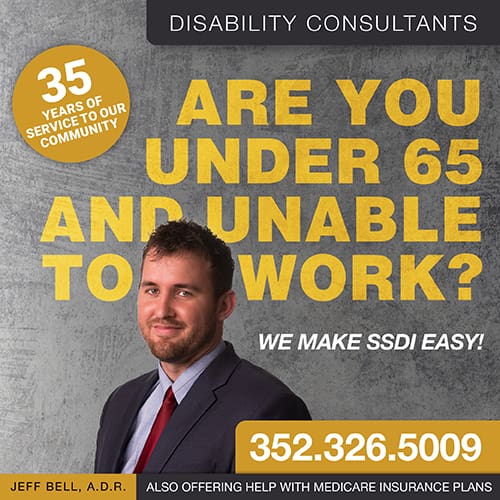By DR. Richard Bosshardt
Dyslexia: Disability or advantage?
Accomplished people might say the disorder has been a hidden gift.
Story: Dr. Richard T. Bosshardt
Labels can be helpful or destructive, depending on the circumstances. When I was a boy, I was described as hyperactive. It was not until I was 45 that I learned I actually had attention-deficit/hyperactivity disorder, or ADHD. It explained a lot but, by then, I had made it through college, medical school, and rigorous surgical training so the label didn’t have much impact on me. If I had been singled out and labeled ADHD as a boy, I wonder if I would have been more or less successful in life. Personally, I feel I benefited from never being told I was “disabled.”
Dyslexia is one of those diagnostic labels hung on kids, all too often without much thought or regard to what it might mean to them and their parents. This was impressed upon me when the young daughter of one of my friends was recently diagnosed with dyslexia. Her father is a very smart, very successful businessman with an advanced degree. He struggled through school and eventually was diagnosed with dyslexia and labeled “disabled.” It colored, and clouded, his life to this day. It led to poor choices in adolescent years. He struggled most of his life with shame about this condition, even as he shared it with those closest to him.
Fast-forward nearly three decades. His daughter has tons of personality, is very creative, and is clearly very smart but has struggled in school. My friend hesitated to have her tested, afraid of the outcome, but finally, it was clear she needed help. The individual doing the testing came to them after testing was completed and began with these words: “I am afraid that your daughter is disabled…” At first, her parents were devastated. In the mix was the father’s guilt that his daughter had inherited this terrible handicap from him. They committed to learning all they could about dyslexia. What they found was astonishing.
According to Dyslexia International, dyslexia occurs in one in 10 people.. The true incidence may be higher because many people are never tested. Although it is not new, we are only now beginning to understand the underlying neurological basis. Briefly stated, the brain in people with dyslexia receives and processes information differently than most people.
Dyslexia did not occur in the pre-industrial age. When the printing press was invented and we began to disseminate information via the written word, dyslexics began to struggle. Dyslexia has many facets but the most recognized one is difficulty reading and writing. Dyslexics struggle with what is known as phonetic decoding. This is the ability to take those lines and squiggles on a page, recognize them, and process them into intelligible words and sentences. This carries over to writing as seen by the flipped letters, misspelled words, and fractured grammar. It takes dyslexics five times longer to process information on a written page than those without it.
Many children with dyslexia go unrecognized because they otherwise seem quite normal. Many are labeled slow or lazy or uncooperative. The National Institutes of Health say 35 percent drop out of high school. Fifty percent of kids involved in drugs and alcohol rehab are dyslexic, and 70 percent of juvenile delinquents have dyslexia.
When dyslexics are able to overcome the challenges of dyslexia, however, there is no limit to their potential. The list of incredibly accomplished people with dyslexia is long. It includes such luminaries as Albert Einstein (yes, THAT Einstein), Richard Branson, John F. Kennedy, Pablo Picasso, Charles Schwab, Henry Ford, Alexander Graham Bell, Steve Jobs, and Thomas Edison. As many as 35 percent of entrepreneurs are dyslexic, along with 40 percent of self-made millionaires, and 50 percent of scientists in NASA. At the premier engineering school in the world, the Massachusetts Institute of Technology, dyslexia is noted as the “MIT Disease.” Dyslexics are found to be particularly strong in certain fields. These are entrepreneurship, engineering, architecture, and the arts.
Dyslexia is a disability only in a very limited context. People with dyslexia simply process information in a different way. When they are provided alternative ways of learning, they thrive. Truly, when viewed from the correct perspective, dyslexia can be seen as an advantage to those so fortunate as to have this condition.
Sources for this article include:
1. The True Gifts of a Dyslexic Mind, Dean Bragonier, Ted Talks
2. The Dyslexic Advantage- Unlocking the hidden potential of the Dyslexic Brain by Brock Eide, MD, MA and Fernette Eide, MD
3. www.dyslexia.yale.edu
4. www.medicinenet.com/dyslexia
About the writer
Dr. Richard T. Bosshardt graduated from the University of Miami School of Medicine in 1978. He founded Bosshardt & Marzek Plastic Surgery Associates, Lake County’s first practice to provide full-time cosmetic and reconstructive plastic surgery services, in 1989.









































